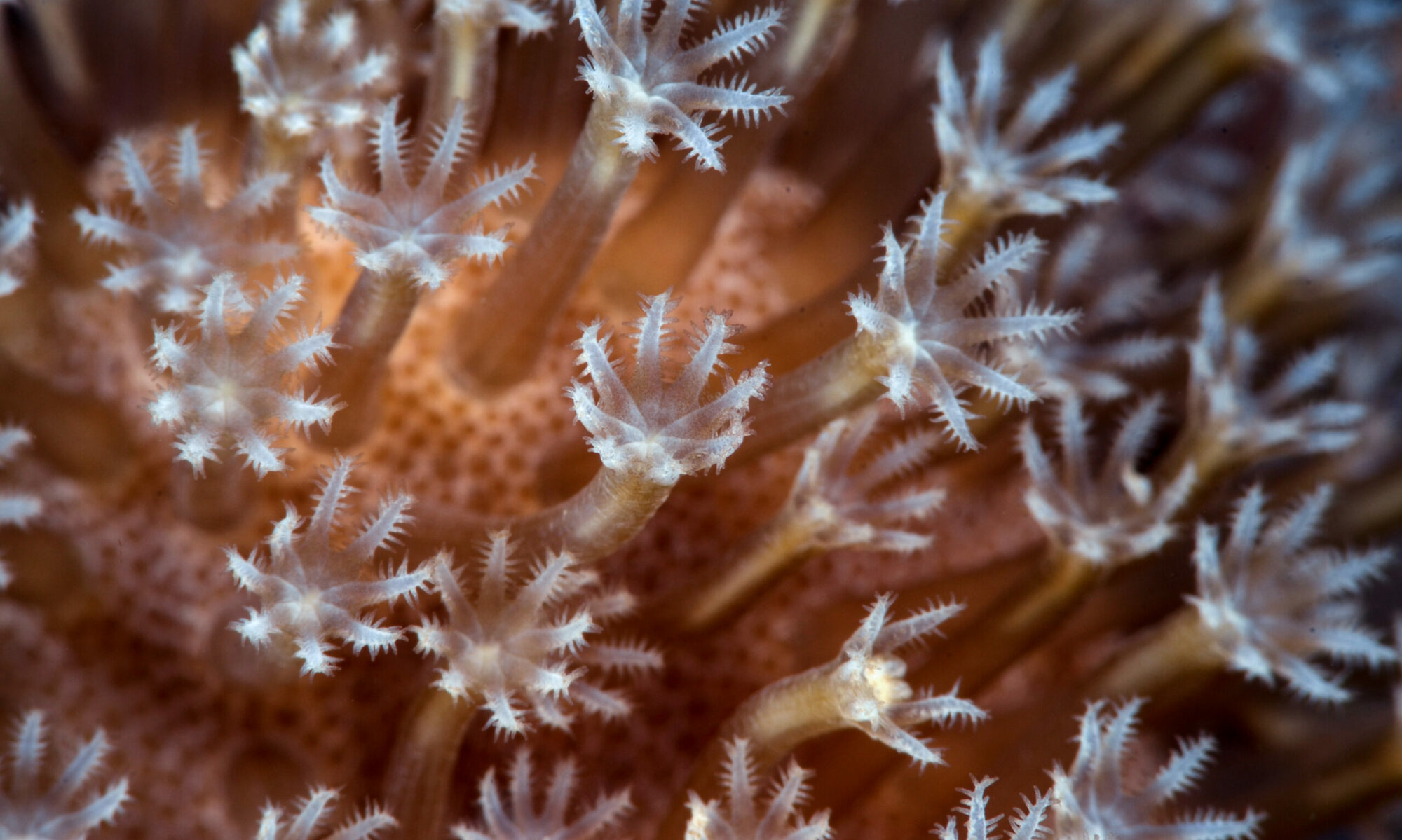




Guam NSF EPSCoR is paying tribute to one of its finest in Professor Emeritus Richard “Dick” Randall, who passed away late last year at the age of 91.
“He was kind, gentle, generous, astute, knowledgeable, and understanding – all of these amazing qualities that you would really want in not just a scientist or a professor, but a colleague and a friend,” said David Burdick, the collections manager of the Guam NSF EPSCoR GECCO Biorepository.
As a naturalist, Randall was full of curiosity and wonder for the world around him.
His interest in corals started on a farm in Ohio, where he came across limestone fossils and asked his father what they were. This fascination led him to pursue a degree in biology and become a science teacher at George Washington High School when he and his family came to Guam in 1965.
His daughter, Lauren Gutierrez, recalled fondly that he would spend almost every day in the ocean after they had arrived to the island.
“When I was a kid, I used to live with him out in the reef,” said Gutierrez. “He would tie a belt to an inner tube that had a board in it. He would dive down and get the corals and I’d pick them up and put them in the inner tube.”
Later, Randall received a master’s degree in biology from the University of Guam Marine Laboratory in 1971 – just a year after the facility was established – and went on to teach about corals at the university.
Randall did not pursue science for fame or renown, but to satisfy his curiosity and share his knowledge with whoever was willing to listen.
His love for the world around him was relayed through the highly detailed quality of his research, which would include meticulous notes and sketches of the coral species he observed.
“That’s just the kind of guy that he was,” Terry Donaldson, Ph.D., the principal investigator and project director of Guam NSF EPSCoR. “He was a biologist and a geologist, which is not something I always see these days. He always found something interesting to look at and he could tell you about it because he was very knowledgeable.”
Impact on coral research
Over the course of his life, Randall worked on 180 scientific publications and accumulated several achievements.
Randall’s research on the impacts of crown-of-thorns starfish on the island’s reefs in the late ‘60s was foundational when it came to understanding more about how coral communities changed in response to outbreaks of the starfish, which prey upon stony corals.
In 1983, he wrote the second volume of Guide to the Coastal Resources of Guam, a field guide of the coral species found in Guam waters.
The UOG Marine Laboratory named a research vessel after him in 2016 for his contributions to the institution’s development.
As part of a ceremony held in March 2022, Randall was one of six recipients of the 2021 UOG Distinguished Alumni Award – a prestigious designation given to UOG alumni based on professional accomplishments in their field, character and integrity, as well as achievements of local, national, or international significance.
Randall’s legacy
Although Randall has passed, his legacy lives on in the people who loved and were inspired by him.
In June 2021, the Guam NSF EPSCoR GECCO Biorepository was given the honor to house over 30,000 coral specimens he collected – the largest addition to the facility to date.
The GECCO Biorepository is both a physical and cyber warehouse of records and images of marine organisms found throughout the Pacific and other locales. The collection will serve as a resource for researchers around the world to reference and better understand the diversity of the corals found in the Marianas.
In addition, Burdick, a longtime friend of Randall, is working on a series of books about coral species found in the Marianas, which will be an expansion of Randall’s coral field guide. The series will contain Randall’s notes about coral species, including new species that have not been described.
Donaldson said that Guam NSF EPSCoR will be happy to support the completion of the project.
“He was always amazed by life – every part of it,” said Gutierrez. “Even at 91, he was amazed by it all. He didn’t take it for granted. He had a love for nature and it’s something we’ve always shared. He always instilled in us that you can’t know everything. There’s too much to know and you have to keep your mind open.”


